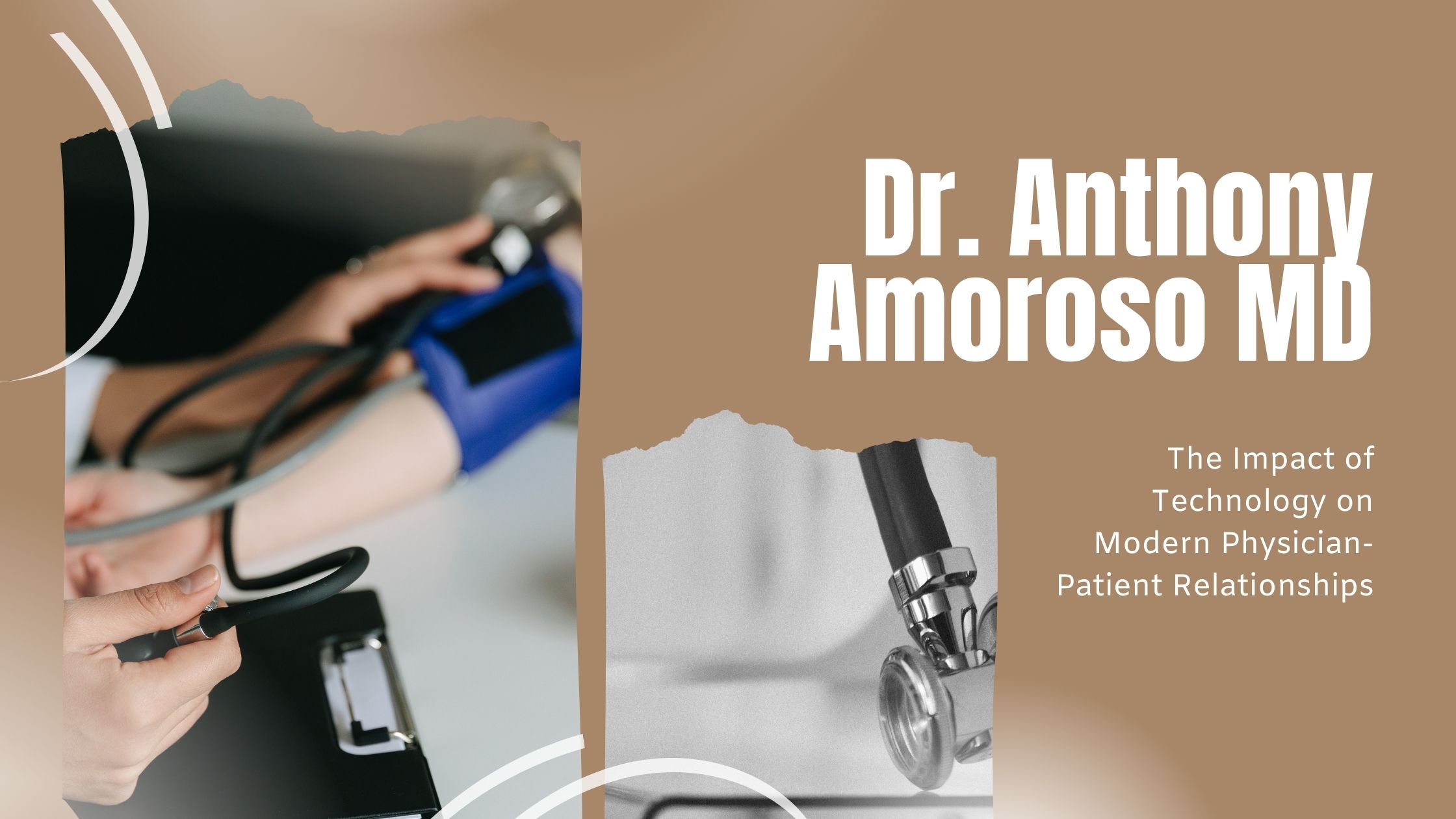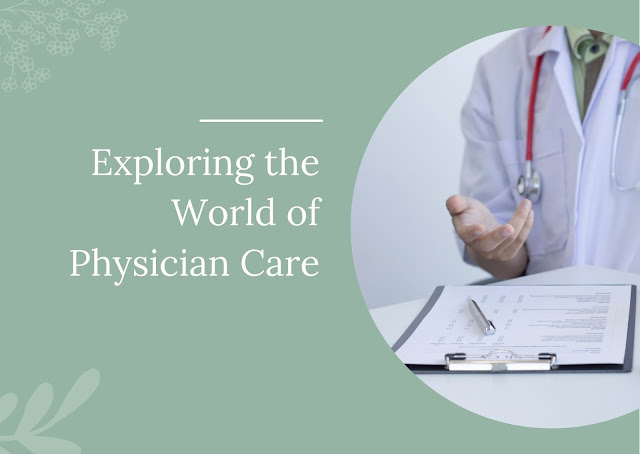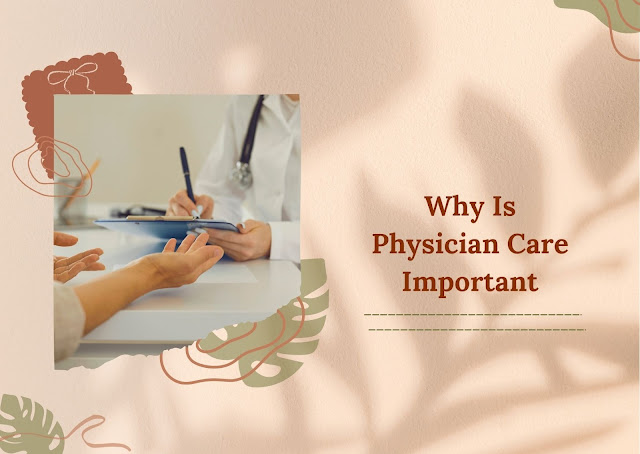Dr. Anthony Amoroso MD | The Impact of Technology on Modern Physician-Patient Relationships

The impact of technology on modern physician-patient relationships is multifaceted, bringing both advantages and challenges. Here are some key aspects to consider: Advantages: Access to Information: Patient Empowerment: Technology provides patients with easy access to medical information, enabling them to be more informed about their health conditions and treatment options. Health Apps and Wearables: Patients can use mobile apps and wearable devices to monitor their health, track symptoms, and adhere to treatment plans. Communication and Telemedicine: Remote Consultations: Telemedicine allows patients to consult with physicians remotely, improving access to healthcare, especially for those in rural or underserved areas. Convenience: Virtual communication tools, like emails and messaging apps, enable convenient communication between patients and healthcare providers. Electronic Health Records (EHRs): Efficiency: EHRs streamline the management of patient records, reducing paperwork ...

.jpg)



